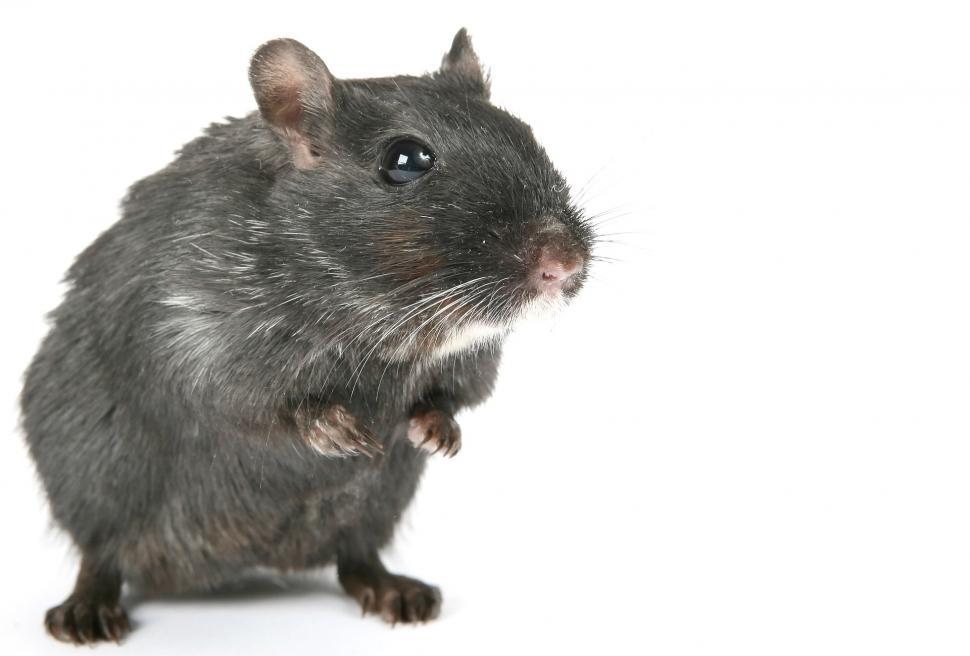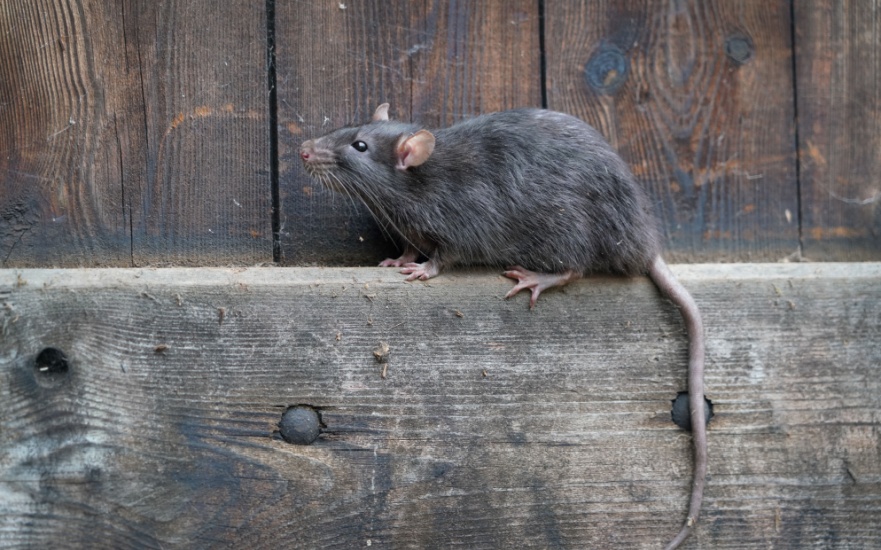Are rats a problem for Dallas homeowners?
The short answer is yes. Like many large cities, Dallas faces challenges with rat infestations. Understanding why rats are so prevalent in this area can help homeowners take the necessary steps to protect their properties from these destructive pests. For expert assistance, check out our Rodent Control Services in Dallas.
Rat Habitats in Dallas
Rats are highly adaptable creatures that thrive in a variety of environments. In Dallas, they are commonly found in both urban and suburban areas, often making their homes in places that provide easy access to food, water, and shelter. Are rats a problem for Dallas homeowners? The city’s warm climate allows rats to remain active year-round, and the dense population provides plenty of opportunities for them to find what they need to survive.
Rats are particularly attracted to areas with abundant food sources, such as garbage bins, pet food dishes, and bird feeders. They are also drawn to areas with plenty of hiding spots, such as overgrown vegetation, piles of debris, and old buildings. In urban areas, rats often make their nests in sewers, storm drains, and basements, while in suburban areas, they may take up residence in attics, garages, or under porches.

Common Rat Species in Dallas
Are rats a problem for Dallas homeowners? Two primary species cause issues in the area: the Norway rat (Rattus norvegicus) and the roof rat (Rattus rattus). Both species thrive in Dallas but have different behaviors and habitat preferences.
- Norway Rat: Also known as the brown rat, the Norway rat is larger and more robust. These rats typically burrow into the ground to create nests, making them more likely to be found in basements, crawl spaces, and lower levels of buildings. They are strong swimmers and often inhabit sewer systems.
- Roof Rat: The roof rat, or black rat, is smaller and more agile. True to their name, roof rats prefer nesting in higher places, such as attics, roofs, and trees. They are excellent climbers and are often found near fruit trees or bird feeders.
Both species are known to cause significant damage to homes by gnawing on wires, insulation, and wood. They also pose serious health risks by contaminating food and surfaces with their droppings and urine.
Challenges for Dallas Homeowners
Are rats a problem for Dallas homeowners? The challenges they pose go beyond just being a nuisance. One of the biggest issues is property damage. Rats have strong teeth that allow them to gnaw through electrical wires, which can create fire hazards. They also chew on wood, insulation, and household materials, leading to costly repairs.
Health risks are another major concern. Rats are known carriers of diseases such as Leptospirosis, Salmonella, and Hantavirus, which can be transmitted through their droppings, urine, or bites. Additionally, rats can bring fleas, ticks, and mites into homes, further spreading diseases to humans and pets.
Another challenge is their rapid reproduction rate. A single pair of rats can produce hundreds of offspring in a year, leading to a quickly growing infestation if not addressed immediately. Since rats are nocturnal, their presence may go unnoticed until the infestation is well-established.
Preventative Actions
Are rats a problem for Dallas homeowners? The answer is yes, but prevention can make a big difference. Homeowners should take proactive steps to protect their properties:
- Inspect and Seal Entry Points: Check for gaps around doors and windows, cracks in the foundation, and openings around utility pipes. Seal these gaps with steel wool, caulk, or rodent-proof materials.
- Maintain Cleanliness: Keep your home and yard clean and free of debris. Store food in airtight containers and avoid leaving pet food out overnight. Regularly empty trash bins and keep them tightly sealed.
- Eliminate Hiding Spots: Trim back vegetation, remove piles of wood, leaves, or other materials where rats could hide.
When to Call a Professional
If you suspect you have a rat problem, it’s crucial to act quickly. While setting traps and using bait can help control a small infestation, larger or recurring issues require professional intervention. Are rats a problem for Dallas homeowners? If you’re struggling with an infestation, reaching out to a pest control expert is the best way to ensure complete elimination and long-term prevention. Get help now by scheduling a rodent inspection.
Professional pest control services provide thorough inspections, identify the extent of the infestation, and implement a comprehensive plan to eliminate rats and prevent their return.
Final Thoughts
Are rats a problem for Dallas homeowners? Absolutely—but with the right knowledge and preventive measures, you can protect your home from these unwelcome pests. By staying vigilant and addressing potential issues early, you can keep your home safe, healthy, and rat-free. If you need help beyond DIY rodent control methods, reach out to the pros at Vinx Pest Control. We understand the rodent problem in the area and have the resources to help you protect your Dallas home from these pests.



